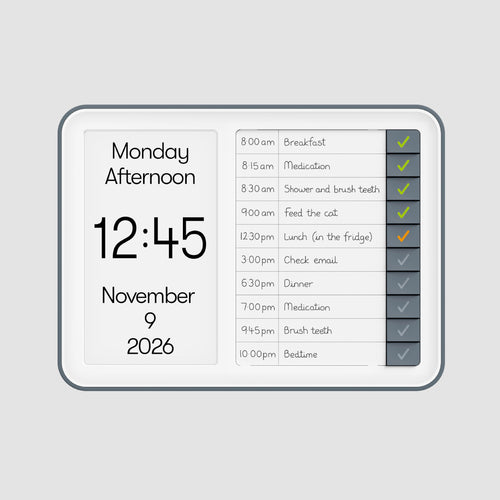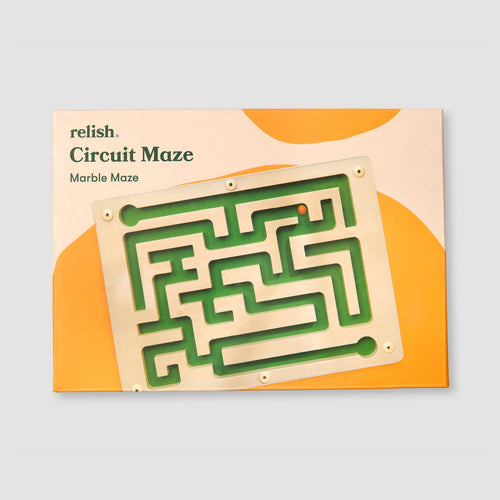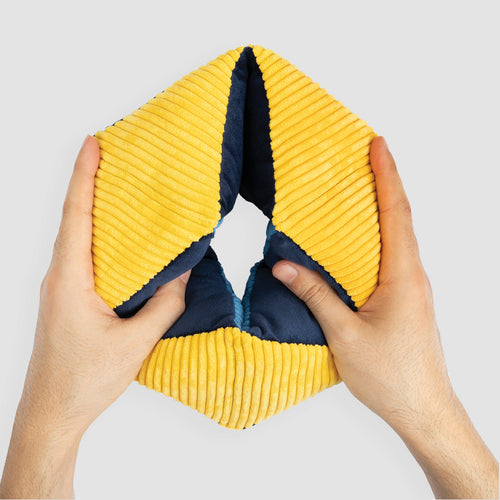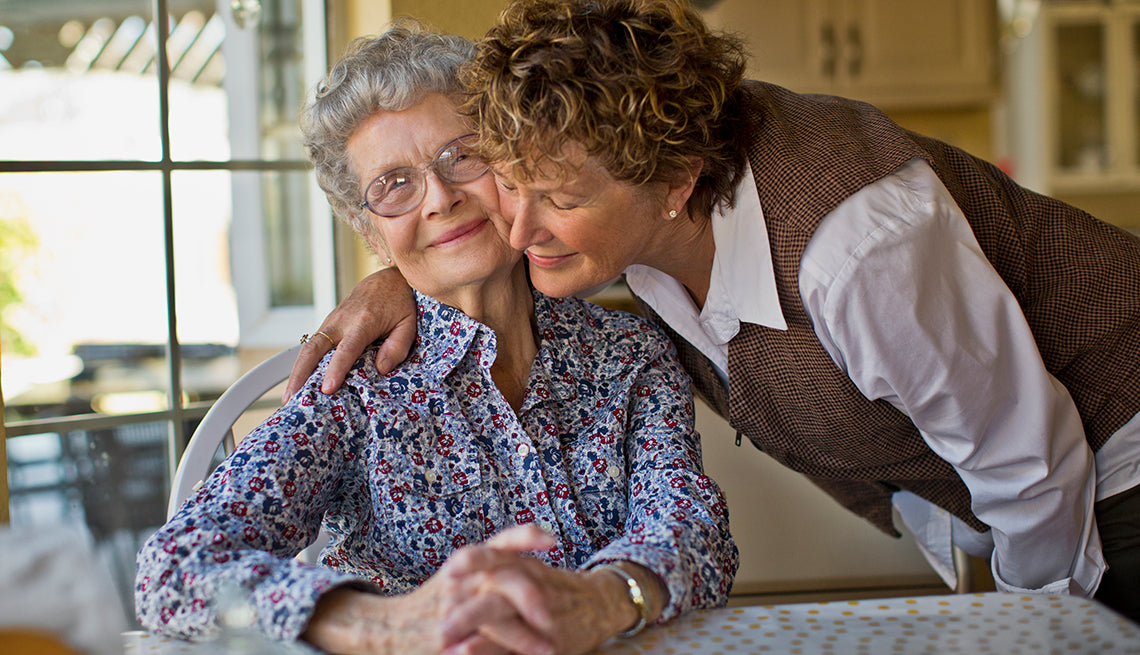When living with dementia, everyday activities around the house may become more challenging, and it is important that steps are taken to ensure a safe environment where risks are minimised. Physical challenges and cognitive difficulties can lead to confusion and sometimes injury. By making small changes around your loved ones home, you can help to make sure they are safe, secure and comfortable.
Kitchen
The kitchen poses many potential hazards which could lead to injury, but with some small steps you can help ensure this is a safe environment for your loved one. Remove sharp knives and scissors and lock away any cleaning products such as bleach to help make the kitchen a safer place. It may also be necessary to install equipment such as fire safety guards on the cooker to prevent your loved one turning on the stove.
Bathroom
The bathroom can be a difficult place for your loved one to manoeuvre if they have mobility issues. Consider installing grab bars in the shower and next to the toilet to help with stability, and if necessary a shower chair can help further.
Place non slip mats in and around the shower or bathtub to help prevent falls, and install foam covers over the faucets which will help prevent further injury if a fall does occur. Make sure any cleaning products and medication are safely locked away to ensure your loved one does not accidentally ingest them, and consider removing locks to avoid your loved one locking themselves in.
Living Room
The living room is often where people will spend most of their time in their home, so it’s important this area is easy to navigate and free from potential risks. Removing items such as rugs which can be trip hazards or excess furniture which you have to walk around can help ensure a safer living space.
Outdoors
If your loved one enjoys gardening and being in the outdoors small additions can help to make sure this is a safe environment. Remove any potentially dangerous chemicals or sharp tools and make sure any equipment they may need is easily accessible and not on high shelves.
If your loved one has mobility issues, installing a ramp with grips and handrails instead of steps, may help them navigate the outdoors more easily.
Making some small additions around the home can help make your loved ones environment safer for them to live in. If your loved one has mobility issues, consider removing any potential trip hazards around the home, such as rugs and tidying away cables, plus installing grip bars around the home can help with manoeuvrability. Installing night lights around the home will help reduce confusion and potential falls from occurring if your loved one wakes in the night.
When living with dementia, memory difficulties can cause your loved one to become confused, so make sure you have a list of important telephone numbers and addresses available for them in an easy to access place. A calendar which is easy to read with appointments and reminders can also greatly help your loved one.






















